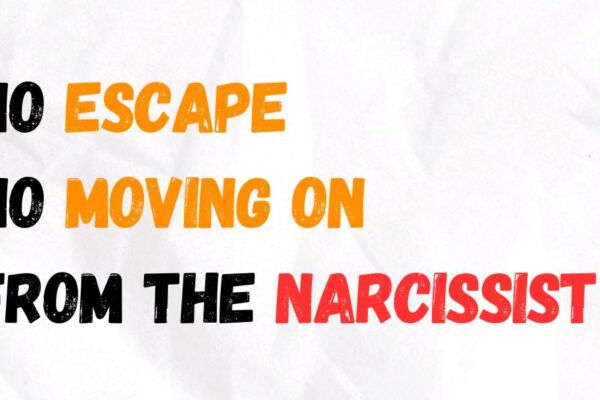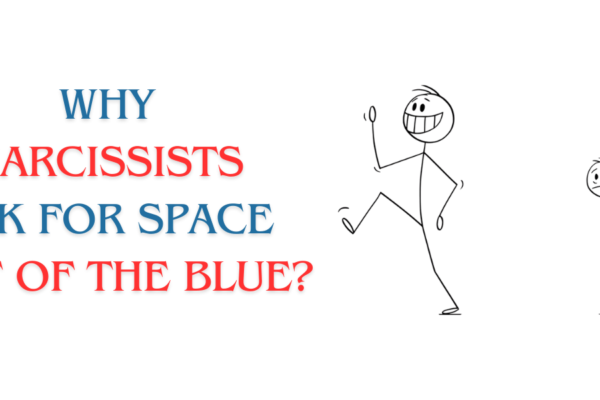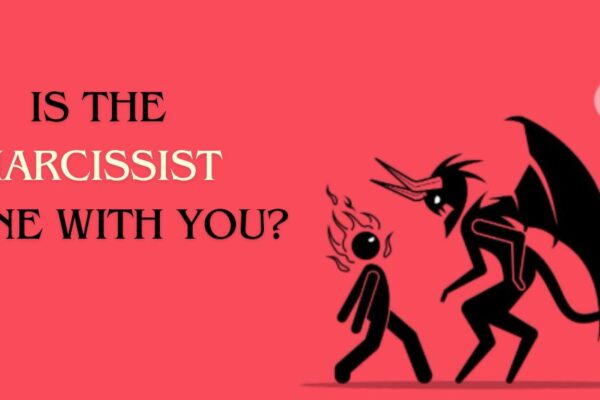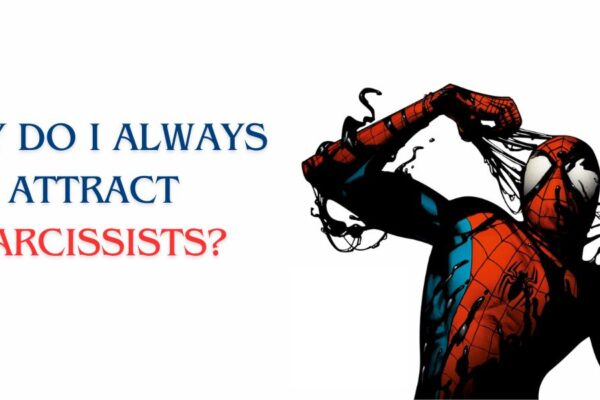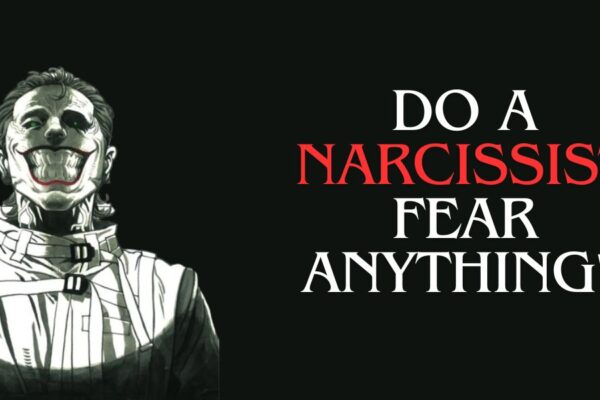
How is Dating Someone Who Was Abused by a Narcissist?
Congratulations! You’re dating someone who was abused by a narcissist, a narc survivor. That means their past love story was less of a fairy tale and more of a psychological thriller where the villain gaslighted, manipulated, and drained every ounce of self-worth from them. Now, here you are, trying to be the wonderful person who loves them right. But dating someone who was abused by a narcissist is not like your average relationship. It’s a whole different playing field. You’re going to encounter emotional triggers, trust issues, and moments where they act like you just stabbed them in the heart—when all you did was forget to text back. Sounds overwhelming? Well, keep reading because this isn’t about giving you a pep talk on how to ‘fix’ them (you can’t). This is about understanding the reality of loving someone who has been through emotional warfare. Understanding the Aftermath of Narcissistic Abuse Dating someone who was abused by a narcissist is like loving a wounded warrior—challenging, but patience and understanding can make all the difference. 1. What Narcissistic Abuse Does to a Person Before you start feeling frustrated by their reactions, let’s talk about what they’ve been through. A narcissistic partner doesn’t just break someone’s heart; they dismantle their sense of self. The abuse isn’t just physical or verbal—it’s psychological, designed to make the victim question their own reality. Gaslighting: Their ex made them feel like they were ‘crazy’ for reacting to manipulation and lies. Control and Isolation: They may have been cut off from friends and family. Rollercoaster of Love and Neglect: One day they were the most adored person on earth, the next they were treated like garbage. Shattered Self-Worth: They were led to believe they were never good enough. According to research, survivors of narcissistic abuse often experience symptoms similar to PTSD from narcissism, including hypervigilance, extreme anxiety, and difficulty trusting others. So, when they react strongly to something seemingly minor, it’s not about you—it’s about their trauma. Challenges in dating someone who was abused by a narcissist 1. The Constant Apologizing and Self-Doubt You’ll notice they say “sorry” a lot—like, for things they didn’t even do. They’re used to apologizing for existing. Their ex conditioned them to believe they were always in the wrong, so now they struggle to believe they’re worthy of love. 2. Trust Issues That Aren’t About You They might assume you have hidden motives, not because you’ve given them a reason, but because their last relationship was built on deceit. It’s like touching a hot stove once—you don’t easily forget the burn. Even when you prove your honesty, they may still feel uneasy because trust isn’t just given—it’s rebuilt. 3. Overanalyzing Everything You Say and Do You casually mention an ex? They spiral into a mental battle, wondering if they’re being compared. You get quiet for a bit? They’re sure you’re mad at them. They were trained to analyze their partner’s every mood shift because that’s how they survived with a narcissist. 4. They Might Push You Away Just to Feel in Control This part stings. Sometimes they’ll test you by pulling away emotionally or shutting down, expecting you to leave. Why? Because their ex conditioned them to expect abandonment. It’s not a reflection of how they feel about you—it’s a defense mechanism. 5. Sensitivity to Normal Relationship Conflicts Arguments in any relationship are normal, but for them, it might feel catastrophic. A small disagreement may trigger past trauma, making them retreat, over-apologize, or assume the worst. It’s important to recognize when their reaction is coming from past wounds rather than the present situation. 6. Strict Boundaries That May Feel Rigid Some survivors have healed but set strict, sometimes extreme boundaries to protect themselves. While boundaries are essential, they can sometimes make a relationship feel emotionally distant or rigid. Understanding their need for control over their emotional space is key, but so is ensuring a balance that works for both of you. 7. Potential Narcissistic Traits of Their Own Surprisingly, some survivors may adopt narcissistic tendencies as a learned defense mechanism. They might display manipulative behaviors, have difficulty accepting criticism, or struggle with emotional regulation. While this doesn’t mean they’re narcissists, it does mean that their trauma has shaped certain responses that can be challenging in a healthy relationship. Read: Cheating Patterns of Covert Narcissists How to Date a Narcissist Survivor Without Losing Your Mind 1. Validate, Don’t Fix They don’t need a hero, just someone who acknowledges their pain without trying to erase it. Saying, “That sounds really painful, I’m so sorry you went through that,” is far more comforting than, “You need to move on.” 2. Be Patient with Their Healing Process Their healing isn’t linear. Some days they’ll be fine, and others they’ll feel like they’re back at square one. It’s frustrating, but healing from narcissistic abuse is like recovering from an invisible wound. Give them time. 3. Boundaries Are Key—For Both of You They might struggle with setting boundaries because they weren’t allowed to have them before. Encourage them to express their needs, but also maintain your own. Just because they’ve been through trauma doesn’t mean they can treat you poorly either. Healthy relationships require mutual respect. 4. Small Reassurances Go a Long Way A simple “I appreciate you,” or “You don’t have to be perfect for me to love you,” can be life-changing for someone who was always told they weren’t enough. 5. They’ll Need Time to Fully Open Up They might not tell you everything right away. Trauma makes people guarded. Instead of pushing, create a safe space where they can share at their own pace. Is It Worth Dating a Narcissist Survivor? Yes. But only if you’re willing to accept that this relationship will require extra care and patience. You’re not just dating a person—you’re dating their past, their fears, and their efforts to rebuild their trust in love. Are All Narcissists Cheaters? – Give a…










